Sen. Barack Obama announced last week his intention as president to build on President Bush's faith-based outreach programs by expanding federal funding for them -- a move that landed with a thud among many LGBT advocates.
"This is just a major weakening and a breach in the wall between church and state," said Wayne Besen, founder of Truth Wins Out, an organization that fights right-wing propaganda and so-called ex-gay ministries.
Obama said he would allocate at least $500 million to create a new White House office for the President's Council for Faith-Based and Neighborhood Partnerships. The concept immediately sparked the question of whether religious groups that receive federal funding can discriminate against people in their hiring practices. In contrast to President Bush, who issued executive orders giving religious-based groups funded by federal money the right to consider religious beliefs in their hiring practices, Obama indicated that he would reverse that practice.
The materials distributed by the campaign said groups receiving money would not be allowed to proselytize to or discriminate against people receiving services and would have to comply with federal antidiscrimination laws, including Title VII of the Civil Rights Act of 1964 which enforces equal opportunity employment. However, LGBT people would still have no legal recourse in many states since federal law fails to provide protection against employment discrimination based on sexual orientation and gender identity.
"In my view there is no healthy, safe faith-based program," said Besen. "People will look at Obama and say this is a good person and he'll do good things, but what happens if McCain is elected and in order to appease the religious right, he chooses as vice president Sam Brownback or Mike Huckabee? Do we really want a tool that can cause great mischief in the hands of fanatics? The idea that you can tame it once the elephant is outside of the cage is just insanity."
Nonetheless, some LGBT people saw potential in Obama's initiative.
"I'm thrilled that a progressive Democrat recognizes that for too long we progressives have allowed the right wing to co-opt religion," said Steven Goldstein, chair of New Jersey's Garden State Equality and a rabbinical student. "They have done a tragically magnificent job of convincing the nation that people of faith oppose LGBT rights."
But the Reverend Irene Monroe was more skeptical of Obama's motives, saying his proposal was little more than a campaign tactic. "President as pastor is no way to run a nation," she said. "Obama is once again pandering to the Right. And the downside is that he will lose his liberal base, forfeiting him the election."
Certainly, Obama hopes to peel off the votes of at least some white evangelicals -- a group that accounted for nearly 25% of the electorate in 2004 and a mainstay of the GOP base that John McCain has had trouble shoring up.
John Green, senior fellow at the Pew Forum on Religion and Public Life, says that if Obama took even 10% of white evangelicals, that could be enough to tip the election. "Bush won by 1% of the vote in 2004, and Kerry took 22% of the white evangelical vote," said Green. "Every bit that Obama can add to that 22% will move the election in his favor." Bill Clinton won roughly 32% of white evangelicals in the 1990s.
Green says polling evidence suggests that Obama could conceivably win 8% to 10% more of the demographic than John Kerry -- or he might do even better than that. "Some other people without poll evidence but perhaps with an accurate understanding of what's going on politically in the evangelical community suggest that it might even be higher -- that it might be 15% more or 20%more," Green added.
Although some LGBT advocates don't agree with the initiative, they do understand the politics at work.
"From a political standpoint, it's a plus for Obama," Besen said. "Will Obama lose support over this? No, because our option is now John McCain, who is supporting the marriage amendment in California and who is meeting with conservatives in Ohio."
But Green sees a risk in the collective constituencies that might oppose governmental faith-based programs: both nonreligious and progressive religious people who believe church and state should be kept separate, conservative Christians who don't want federal money to taint their prophetic voice, LGBT voters, and others.
"You put all those groups together and that's a lot of votes, and not just votes in the country at large but in important states like Ohio," explained Green. "Obama needs to get every progressive vote he can get."
Cost or Benefit?
Politics aside, the question of whether government funded faith-based programs are a good idea is open to interpretation.
Besen has traveled the country talking to highly religious people. "One thing I've learned is that faith is something that's very powerful for these individuals and it's not something that can be easily controlled or manipulated for political gain," he said. "Once you open that Pandora's box and you turn faith into a tool of the state, it's not something you can put back in."
Part of Obama's call to arms last week was a recognition that the U.S. government doesn't have enough resources to take care of the country's neediest all by itself. "We need an all-hands-on-deck approach," the senator said at his press conference.
But Besen rejected that notion out of hand. "Americans have to make a choice as to what kind of government they want," he said, noting that many countries provide universal health care. "I don't think privatizing the solution to churches that discriminate is the answer."
Discrimination is the sticking point on several fronts, including who gets hired, who receives services, and which organizations draw funding. While the Obama camp addressed the first two issues last week, whether queer faith-based programs like those of the Metropolitan Community Church will have an equal shot at funding remains in question.
MCC, which has about 227 churches nationwide, has not received any funding under the Bush administration because denominational leaders feared they would be disqualified by the requirement that organizations adhere to abstinence-only teachings, known in the guidelines as being "ABC" compliant. The Reverend Dr. Cindi Love, MCC's executive director, said that even after she attended two government training sessions so the organization could properly apply for money, she and her colleagues became convinced that the application would automatically be rejected.
They had hoped to get funding for a program that works with crystal meth users to reduce their incidence of HIV infection. "The truth is, if you say you're ABC compliant, then you can get money," she said. Love cited recent studies released that conclude abstinence-only programming has been largely ineffective and added, "We just don't know whether Obama is going to follow what has been support of something that simply doesn't work."
However, Love sees the same need as Obama and thinks there's a place for governmental and faith-based collaboration.
"Churches are the largest mobilized volunteer force in the world. I think it would be hard to imagine that you could actually deal with a pandemic in the absence of churches being involved," she said, noting that religious organizations provide about 50% of AIDS health care services in Africa.
Despite the funding roadblocks MCC has come up against, Love believes government money should be made available to any religious organization that can adequately provide the services, even those that use abstinence-only guidelines.
"Those people are still providing, shelter, hospice, feeding programs and clothing programs, trips to doctors," she said. "If faith-based money is going to be made available to churches, it should be made available to any church that has a legitimate delivery mechanism for compassionate care regardless of their statement of faith or their methodology in working with people who are afflicted."
She calls herself cautiously optimistic about the program Obama announced last week. "I want to believe that Senator Obama really grasps that in the absence of highly effective intervention in the lives of people who have HIV/AIDS, who are caught up in poverty and crystal meth, he really can't begin to do what he says he wants to do, which is to heal our country."










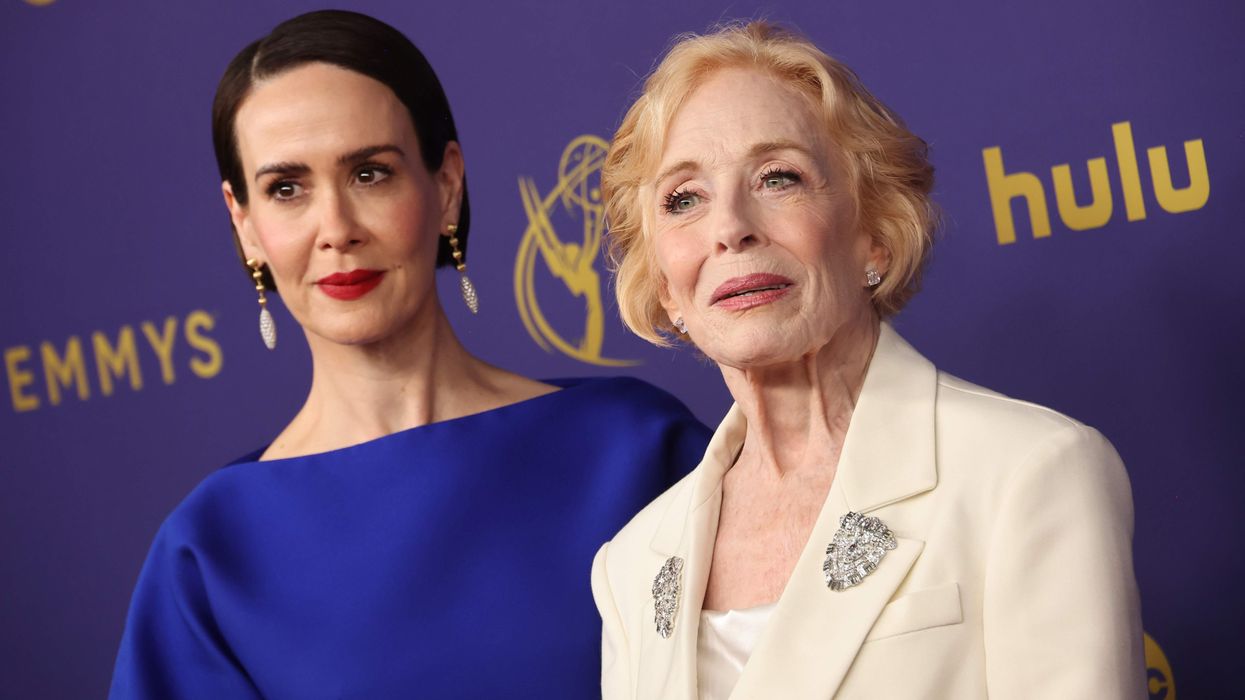

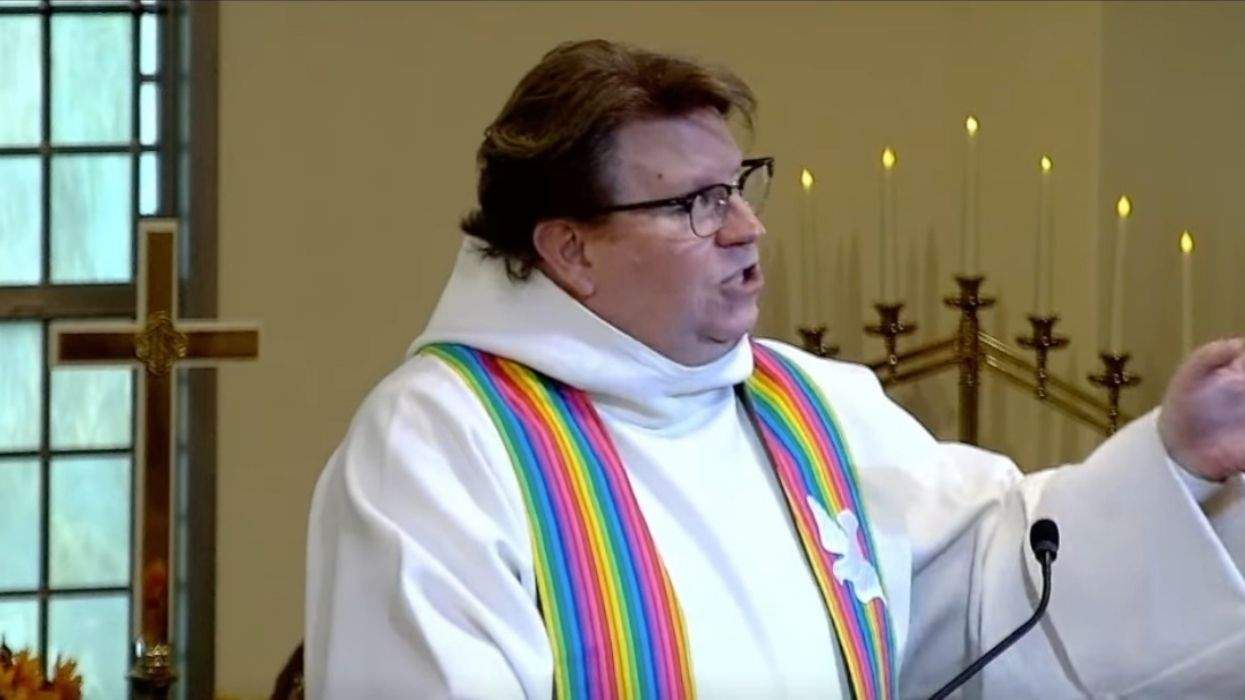


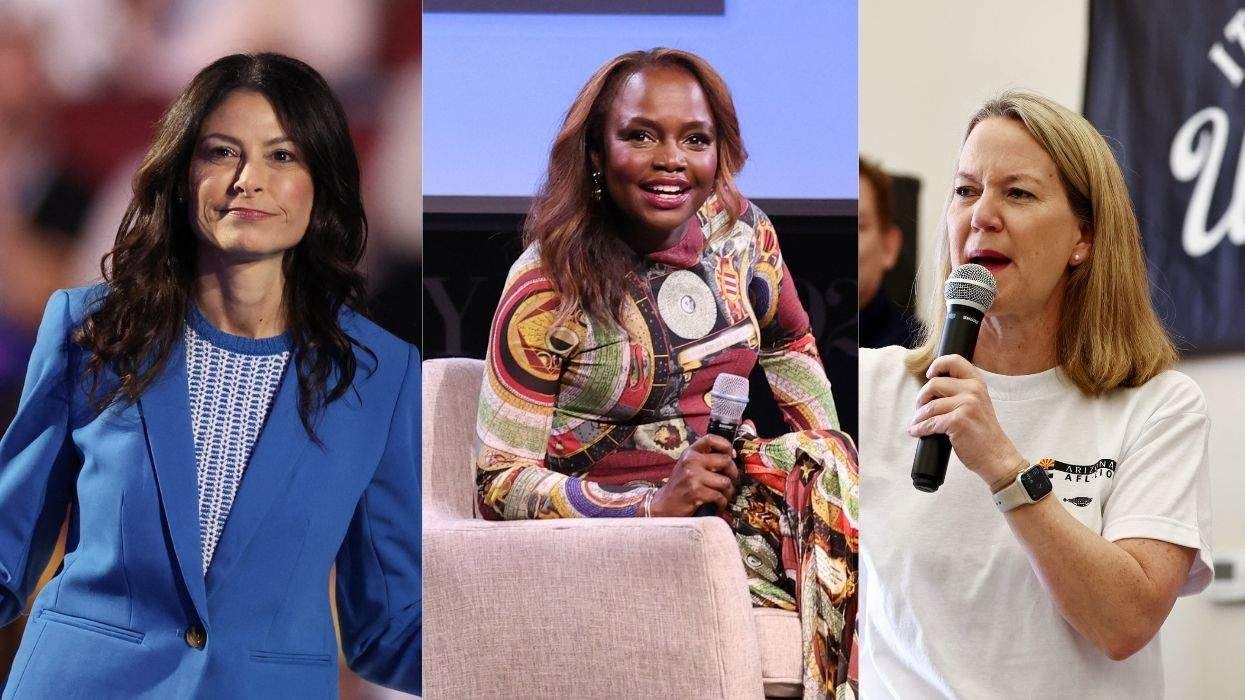





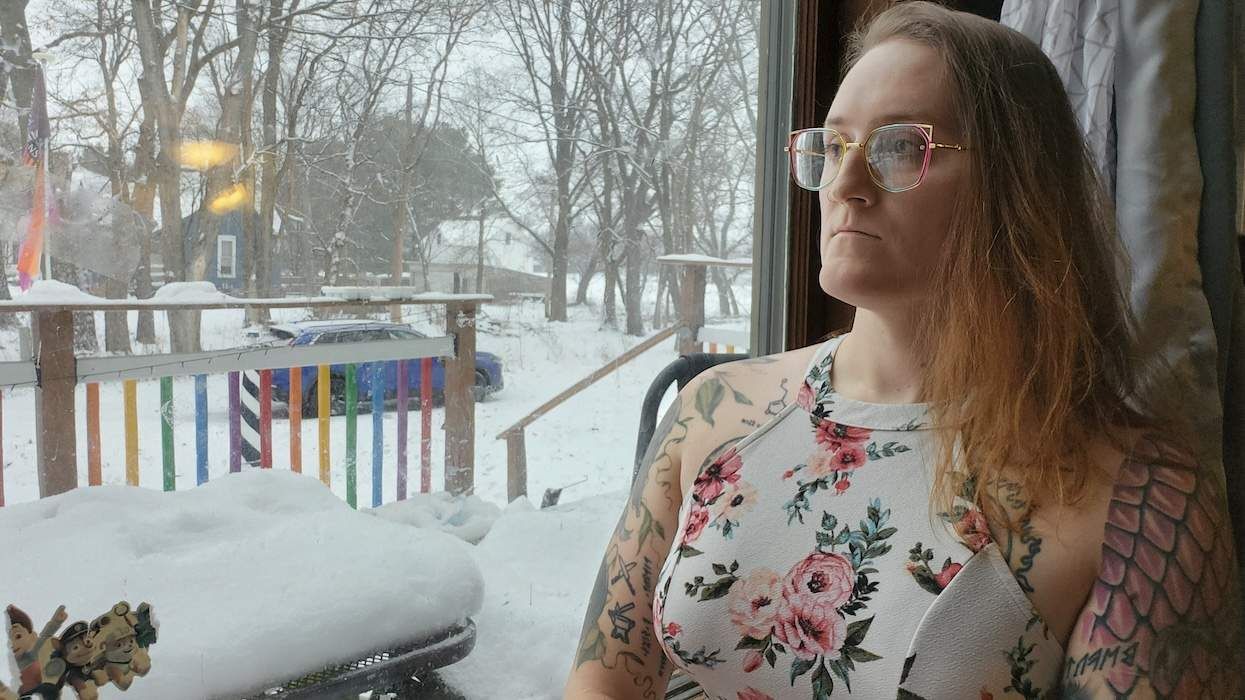

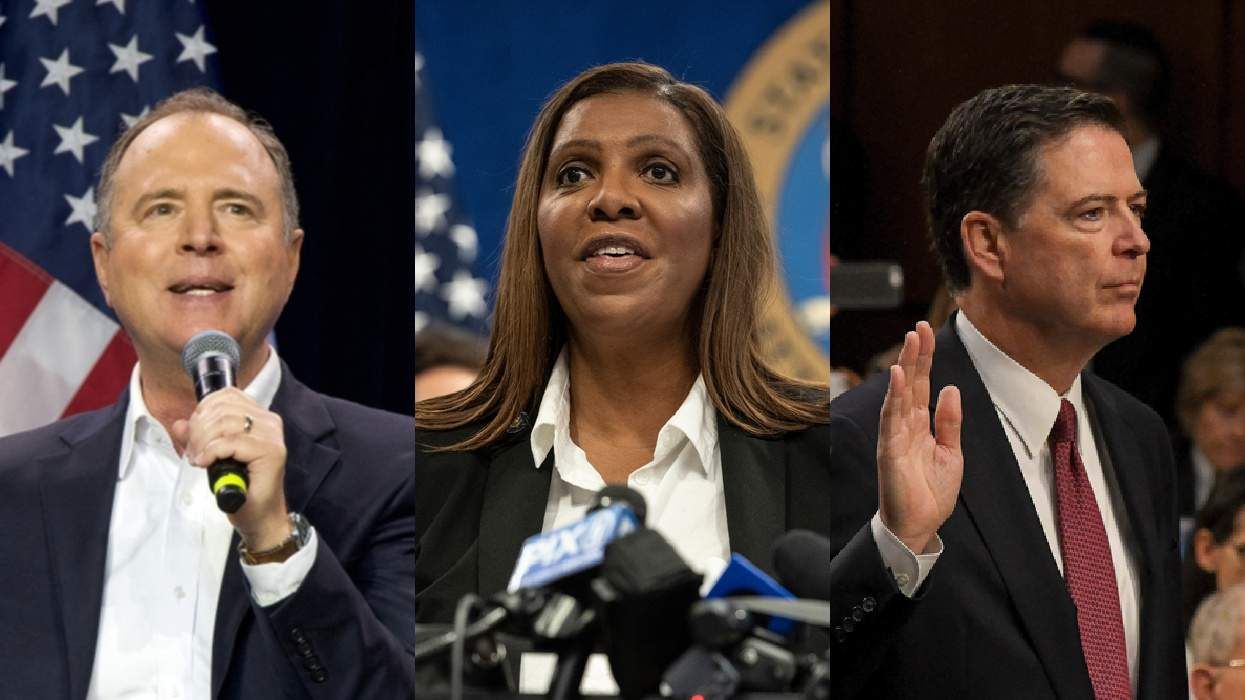

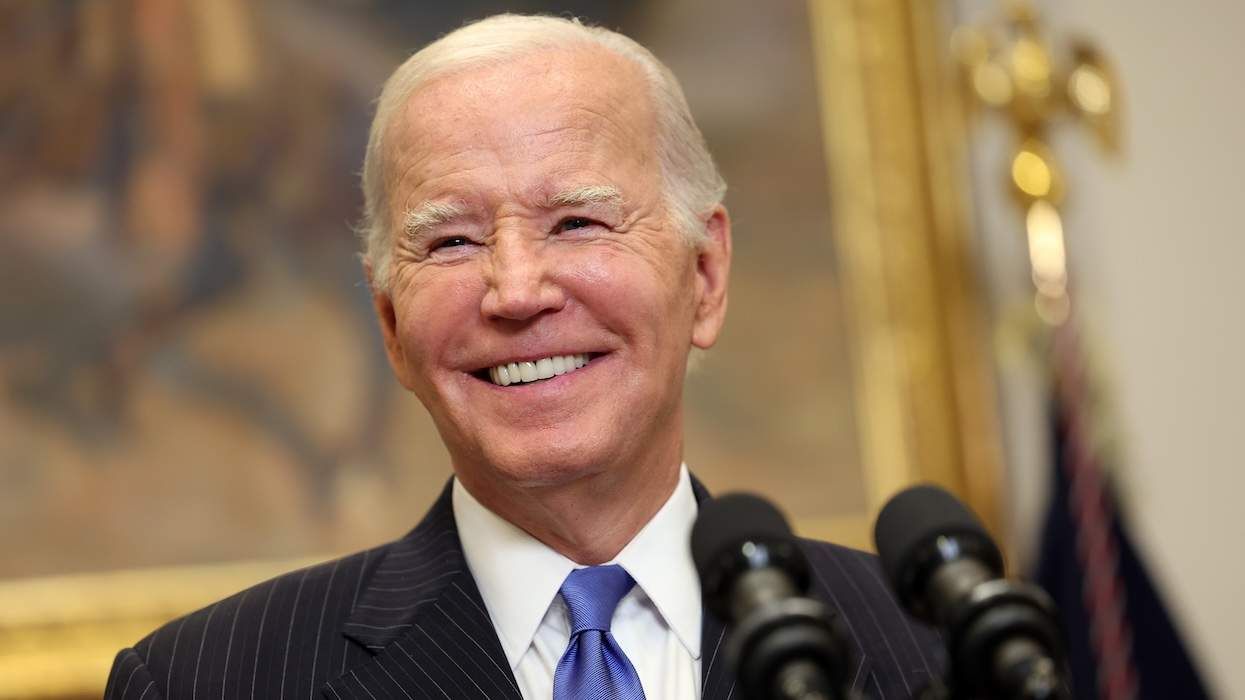
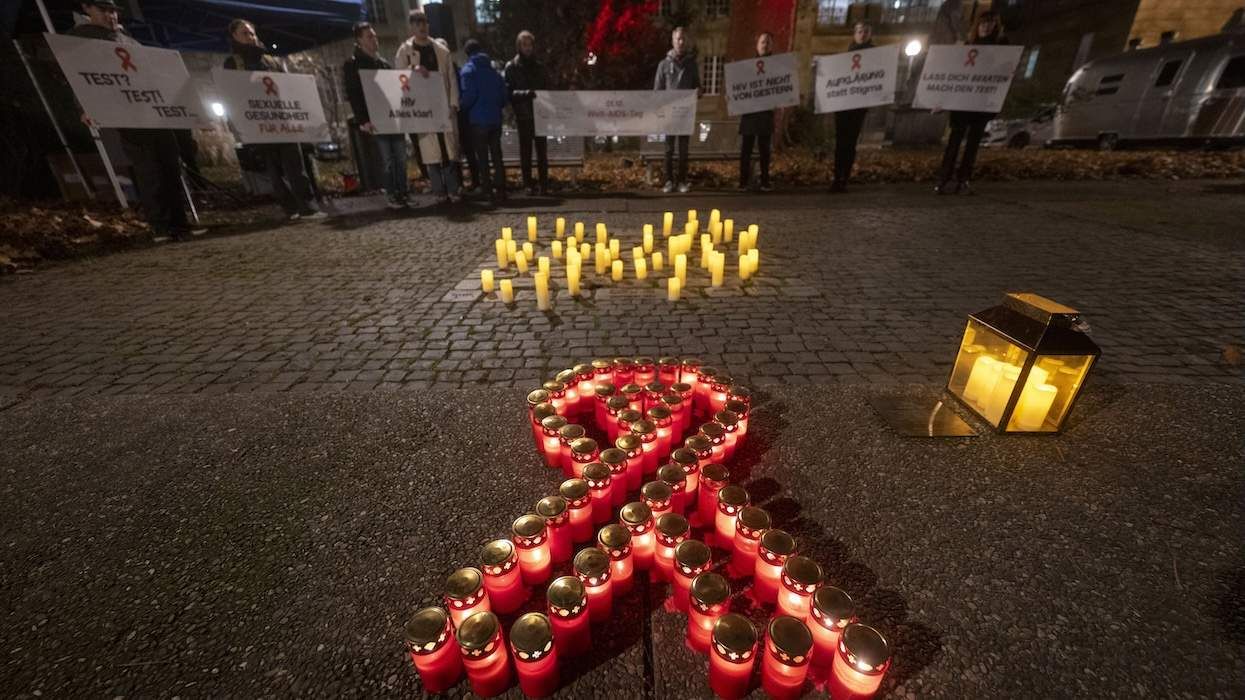









































Charlie Kirk DID say stoning gay people was the 'perfect law' — and these other heinous quotes